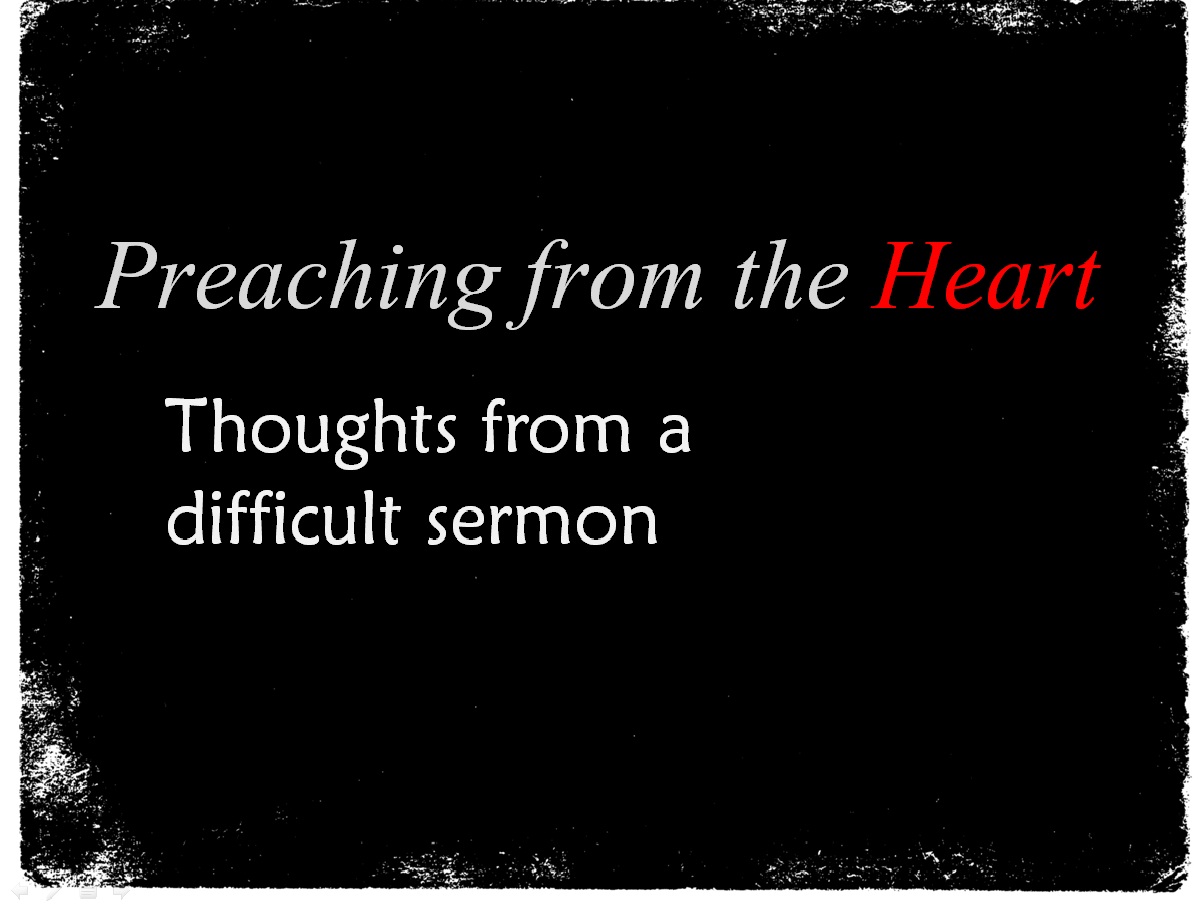A Profound Leadership Lesson from Paul
Outside of Jesus Christ Himself, the Apostle Paul is the most dominant figure in the pages of the New Testament. His life covers around half of the book of Acts, and through inspiration he penned 12 or 13 letters that comprise the New Testament. It would be difficult to overstate the prominence of his influence both in the First Century and even these 20 centuries later.
While Paul was nowhere near perfect, his example still resonates in the lives of Christians. He was knowledgeable in the Scriptures, humble, evangelistic, zealous, and loving. But even if someone was not a Christian, he or she would have to be impressed with the leadership of Paul. If John Maxwell is correct, that “leadership is influence,” then Paul stands on a short list of the greatest leaders of all time, religious or otherwise.
While we could discuss many aspects of his leadership, I want to point out just one. It is found in a bit of an obscure phrase in his writings, but it is one that jumps off the page at me. What fascinates me about the phrase is that Paul points out both (1) what he could do, then (2) what he chose to do.
In the very short letter to Philemon, Paul is calling for a slave owner to accept his runaway slave back, because the slave, Onesimus, has been converted to Jesus Christ. Philemon, already a believer, now has a new brother in the Lord, and Paul is asking the master to accept the slave back, “no longer as a slave but more than a slave, as a beloved brother” (v.16).
As Paul begins to call for this action, look at his leadership in display:
Accordingly, though I am bold enough in Christ to command you to do what is required, yet for love’s sake I prefer to appeal to you. (Philemon 8-9)
What an example! Paul had every right as an apostle, inspired writer, and well-known leader to demand that Philemon make this change in his life. Instead, Paul decided to appeal to this man out of love.
Could leaders not learn something from this way of doing things?
Elders, could there be fewer elderships that feel more like “boards of directors,” where decisions are handed down from “on high” and the congregation is just expected to go along. Instead, if elders are really shepherding the congregation and thinking of their souls first, how many decisions will be made in an appeal out of love?
Bosses, this can be a tough one! Many occupations seemingly require leaders to demand things of their workers in order to meet a tough deadline or a struggling bottom line. Is it not possible, though, that many workers would respond far better to a boss who is appealing for the job to get done because he/she sees the best in whose who are working?
Parents, there are times to “lay down the law.” There can be no doubt about that. But if we are constantly doing so, our children will become exasperated (see Ephesians 6:4). Instead, can we not take more opportunities to appeal to our children to complete tasks or help around the house because we love them?
Preachers, maybe we need to preach “hell fire and brimstone” sermons, but not in such a way as to make people think we are glad folks are going! We must stand on the authority of Scripture, but there needs to be a clear loving appeal about the way we entreat people to follow Jesus.
Governmental leaders, can you imagine the reaction that would occur if laws did not seem like “dictates” that people just “have to follow?” Instead, can you imagine how citizens would respond if (at least sometimes) there was a clear sign of appealing not for a vote, but out of love for country and for long-term success?
Do you see how this one decision could help us all? Yes, there are times to be bold and make a demand as a leader. Paul himself did that on more than one occasion. But there are also times to appeal out of love, even as leaders.
And I would submit that too few leaders have really tried this approach.
—————–
Photo credit: Technicolor Rain on Creative Commons
So Many Ways to Connect with Us!
Subscribe via email (and get a free eBook).
Get our free monthly newsletter (and a free eBook)
Listen to our podcast on iTunes



